Meles Zenawi, the former leader of Ethiopia, remains a figure of contention in the annals of African history. Widely acknowledged for his pivotal role in steering Ethiopia towards economic growth, he is also shadowed by accusations of authoritarianism during his more than two-decade-long rule. In this article, we delve into the multifaceted legacy of Meles Zenawi, exploring his rise to power, his governance, and his lasting impact on Ethiopia.
Meles Zenawi was Born on May 8, 1955, in Edaga Arbi, Tigray, Meles Zenawi’s early life was deeply influenced by the socio-political landscape of Ethiopia. His upbringing, characterized by the socio-political elite of Haile Selassie’s era, instilled in him a sense of activism and a desire for change. Meles, originally named Legesse, later adopted the name “Meles” in honor of a fellow Tigrayan activist executed during the Derg regime.
Meles’s political journey commenced during his university years when he joined the Tigray People’s Liberation Front (TPLF) in response to the marginalization of Tigrayans within Ethiopia. The TPLF, initially a nationalist movement, evolved into a formidable force, employing guerrilla tactics to challenge the central government’s authority.
Amid Ethiopia’s political turmoil, marked by Emperor Haile Selassie’s overthrow by the Derg in 1974, Meles emerged as a prominent figure within the TPLF. His strategic acumen and linguistic prowess propelled him through the ranks, culminating in his leadership during the armed struggle against the Derg regime.
The downfall of the Derg in 1991 heralded a new era for Ethiopia, with Meles at the forefront of the transitional government. As the chairman of both the TPLF and the Ethiopian People’s Revolutionary Democratic Front (EPRDF), Meles embarked on a journey to rebuild a fractured nation.
Under Meles’s leadership, Ethiopia witnessed significant economic development and infrastructural growth. His administration focused on attracting foreign investment and fostering key sectors such as agriculture and horticulture. Moreover, initiatives like the Grand Ethiopian Renaissance Dam underscored his vision for national progress.
However, Meles’s legacy is marred by allegations of authoritarianism and human rights abuses. Critics accuse his government of stifling dissent, curbing press freedom, and marginalizing ethnic groups. The imposition of stringent surveillance measures and crackdowns on opposition voices tarnished Ethiopia’s democratic credentials.
Internationally, Meles navigated Ethiopia through turbulent times, aligning with Western interests in combating Islamic extremism in the Horn of Africa. His involvement in regional conflicts, notably in Somalia and Eritrea, underscored Ethiopia’s strategic significance in the region.
Meles Zenawi’s sudden demise in 2012 marked the end of an era fraught with both achievements and controversies. His legacy continues to evoke mixed sentiments, reflecting the complexities of governance in a diverse and evolving nation like Ethiopia.
In conclusion, Meles Zenawi’s tenure as Ethiopia’s leader encapsulates a blend of economic progress and political repression. While hailed for his developmental initiatives, his authoritarian tendencies remain a subject of debate. As Ethiopia charts its path forward, Meles’s legacy serves as a reminder of the intricate balance between progress and governance in a dynamic society.

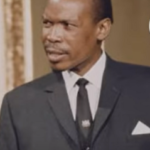
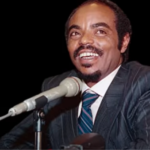

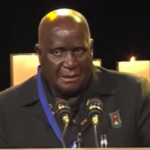
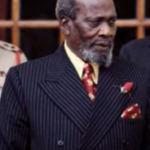
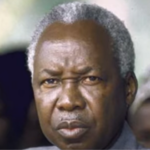
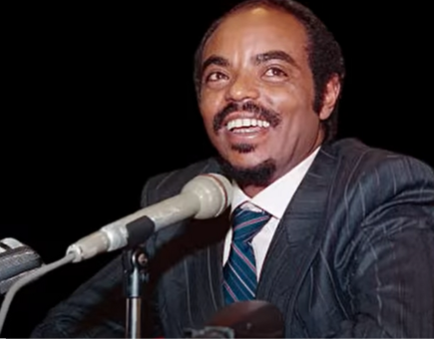

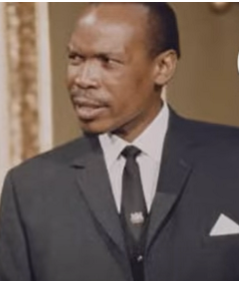



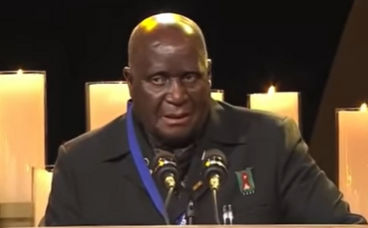
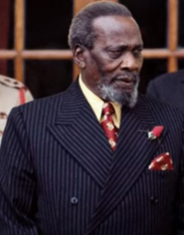
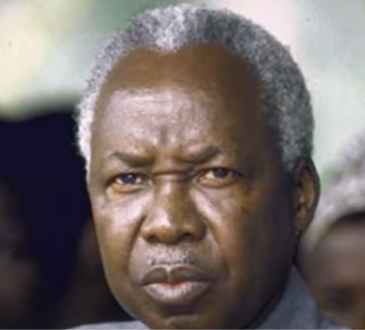

+ There are no comments
Add yours